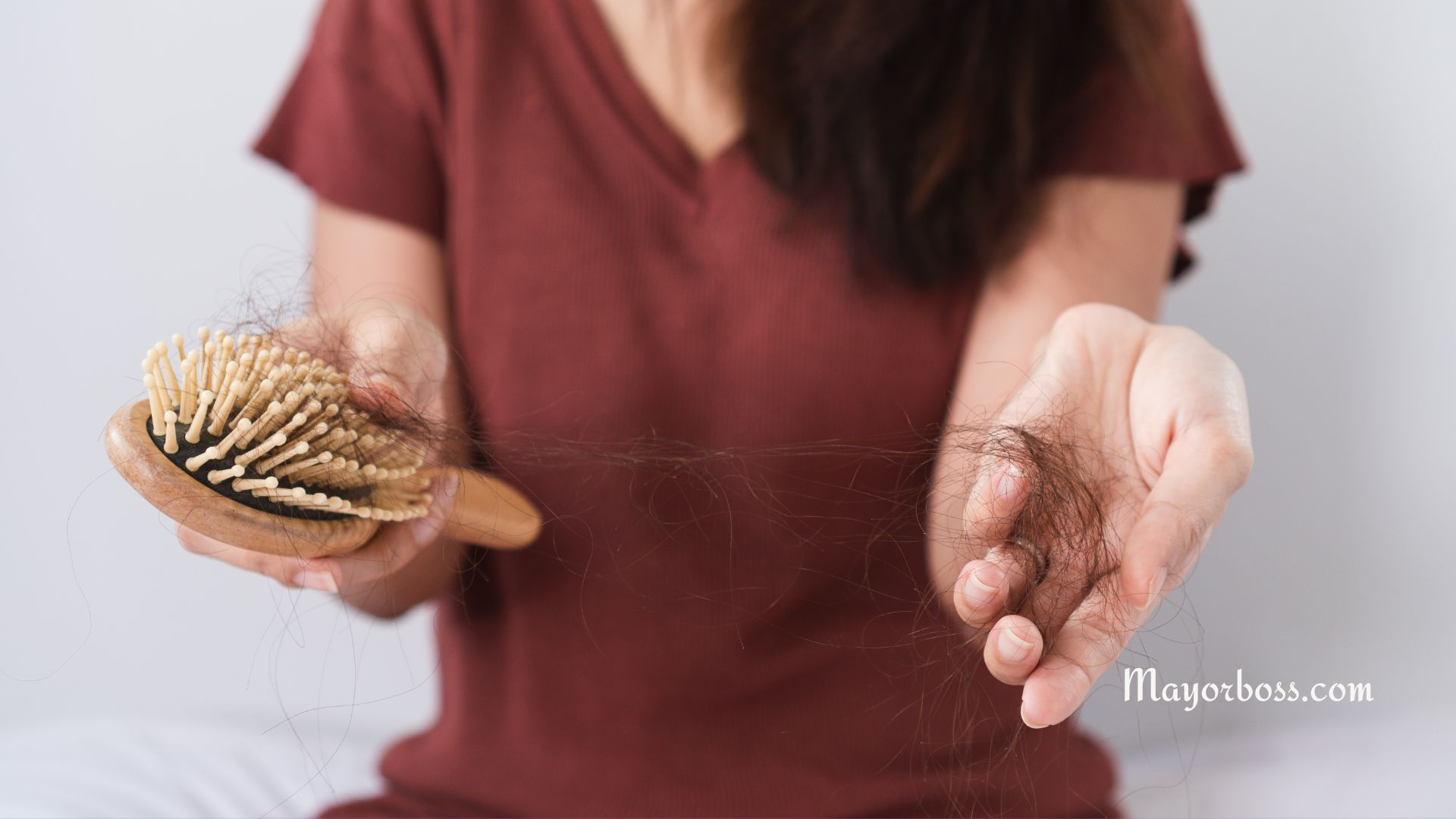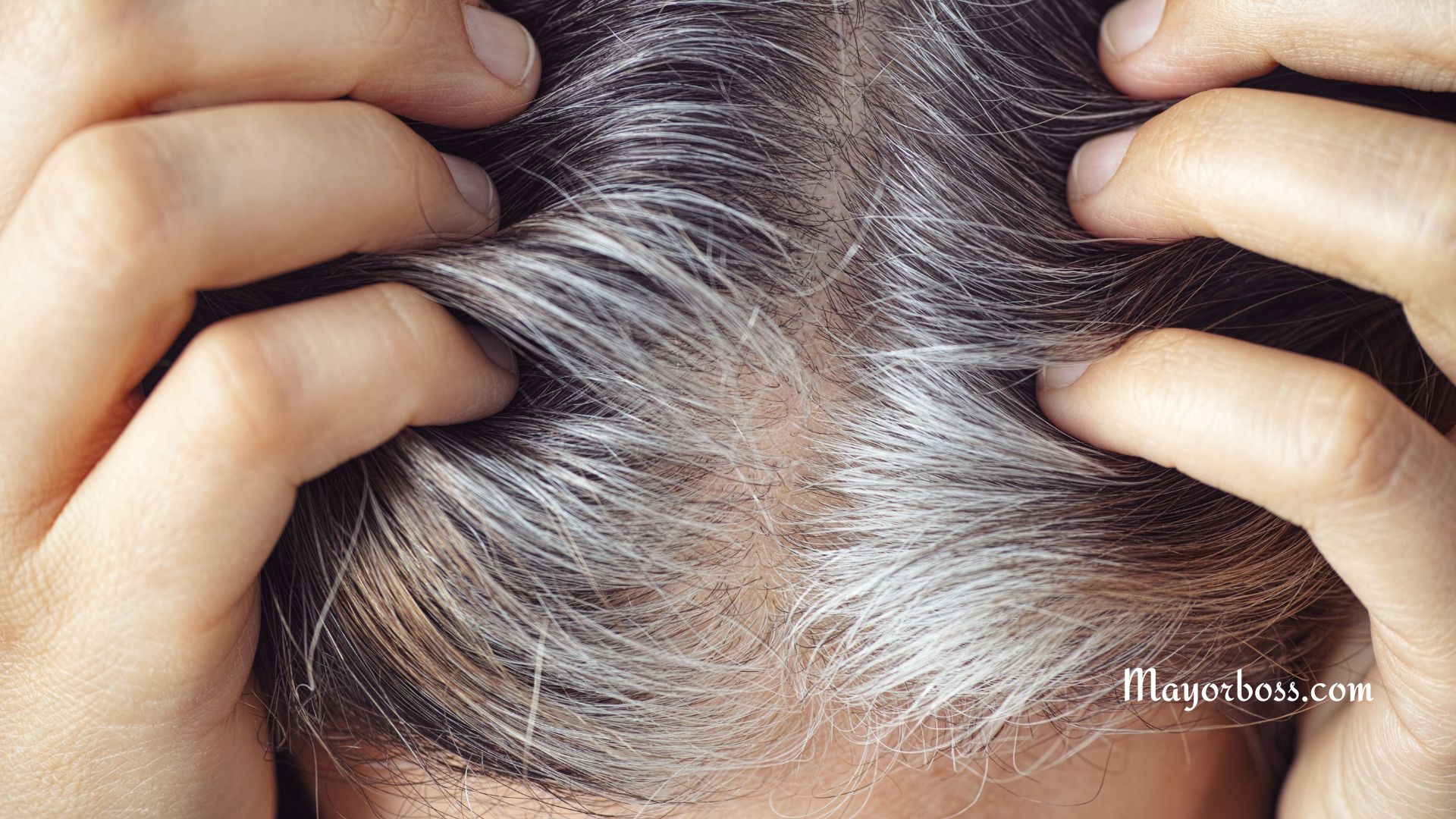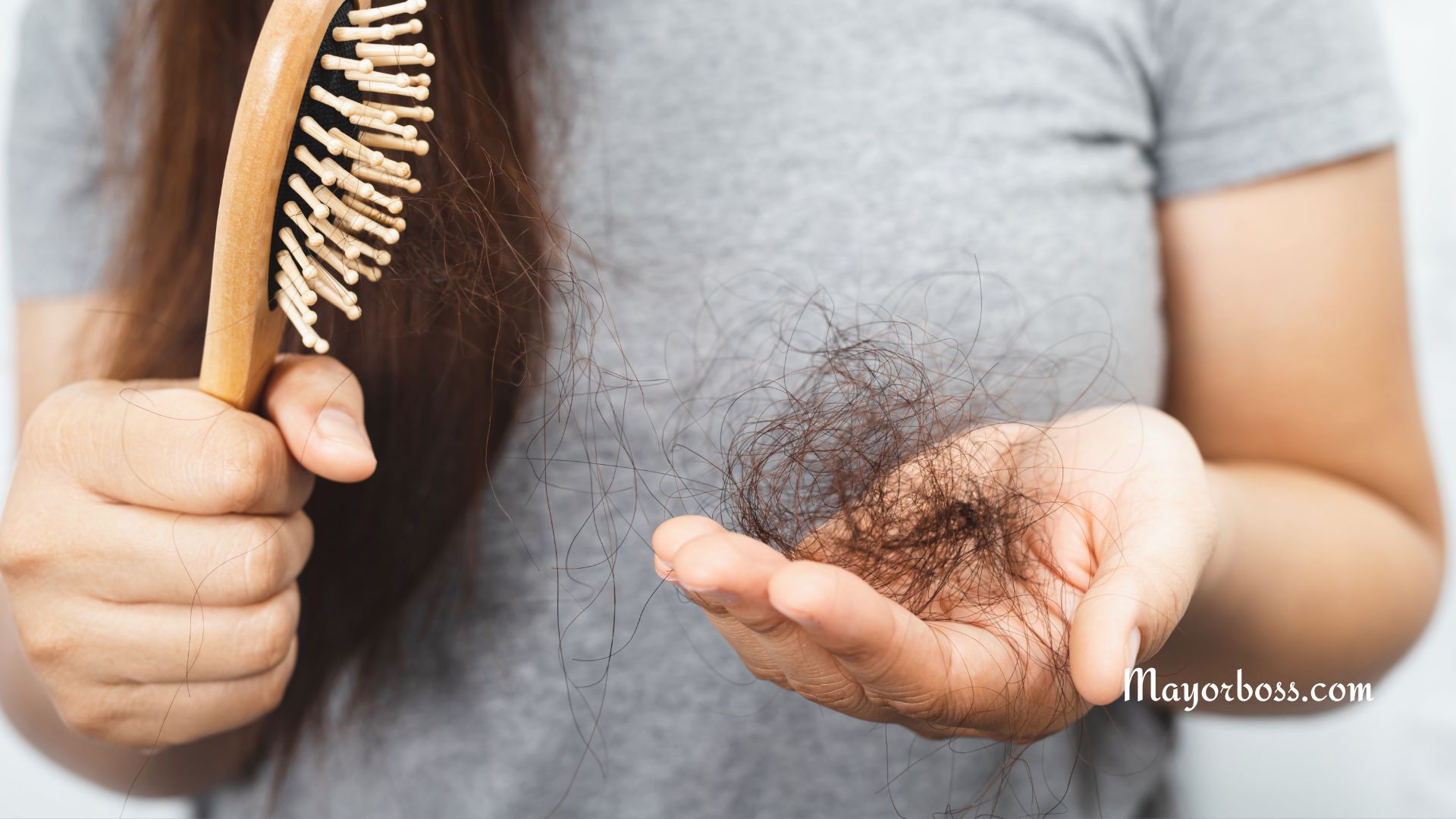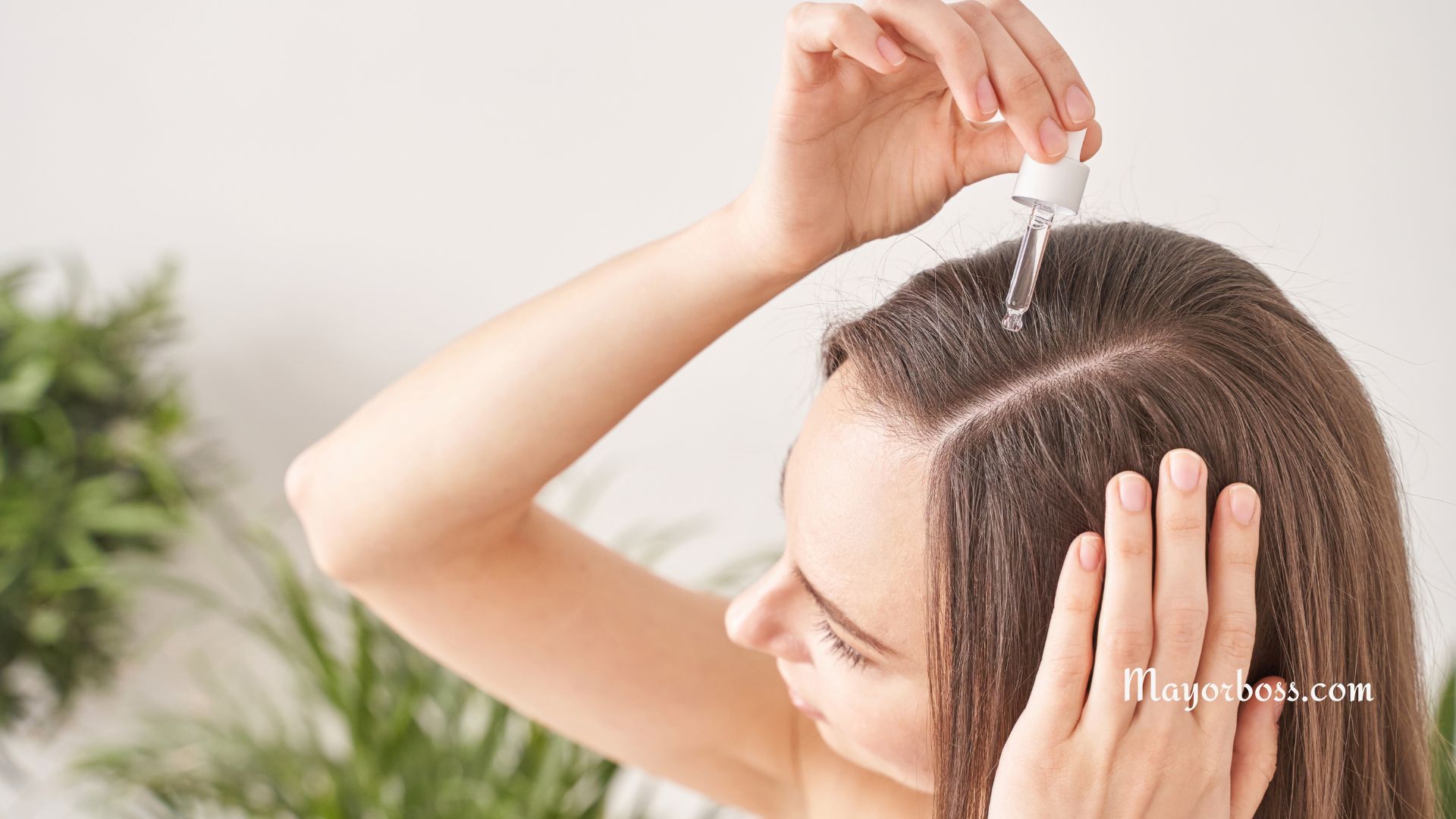What Causes Alopecia and How Do You Treat It?
Alopecia is the medical term for hair loss, and it can happen for a variety of reasons. While some people experience it due to genetics, others may face this issue because of underlying medical conditions or even stress. Regardless of the cause, there are several treatment options available, ranging from medications to surgical procedures.

What Exactly is Alopecia?
When you notice that you’re losing more hair than usual, you might start to worry. Alopecia is the medical jargon for this phenomenon, and it can occur in different forms and severities. The most common type is alopecia areata, which results in small, round patches of baldness. However, the condition can also affect the entire scalp (alopecia totalis) or even the whole body (alopecia universalis).
The Root Causes of Alopecia
Genetic Factors
Often, the genes you inherit from your family set the stage for hair loss. For instance, male-pattern baldness is a hereditary condition, meaning it runs in families. If your dad or granddad had a bald head, chances are you might face the same fate.
Hormonal Changes
You might experience hair loss due to hormonal imbalances. For example, pregnancy and menopause can trigger temporary hair loss in women.
Medical Conditions
Several medical issues can result in hair loss. Conditions like thyroid disease, lupus, and anemia can all contribute. Additionally, scalp infections like ringworm can also lead to temporary hair loss.
Stress and Lifestyle Choices
Believe it or not, high-stress situations can cause temporary hair loss. Similarly, poor nutrition and bad lifestyle habits like smoking can also play a role.
How to Treat Alopecia
Medications
One of the most common ways to address alopecia is through medication. Minoxidil, a topical treatment, and finasteride, an oral medication, are two popular choices. When applied to the scalp, minoxidil can help stimulate hair growth. On the other hand, finasteride works by inhibiting the hormone that contributes to hair loss.
Surgical Procedures
For those looking for a more permanent solution, hair transplant surgery might be a viable option. In this procedure, hair follicles are taken from one part of the body and implanted into the bald areas.
Natural Remedies
Some people opt for natural solutions like essential oils or herbal treatments. However, it’s crucial to consult a trichologist (a hair specialist) before trying these methods, as their effectiveness varies from person to person.
Alternative Therapies
Acupuncture and hypnosis are other avenues you might explore. While there’s limited scientific evidence to support these methods, some individuals have reported success.
When to Consult a Doctor
If you’re concerned about hair loss, it’s a good idea to consult a doctor or hair specialist for a diagnosis and treatment plan. They can help rule out underlying medical conditions and guide you toward the most effective treatment for your situation.
Is Alopecia Permanent?
The permanency of alopecia depends on its cause and type. For example, androgenetic alopecia is usually permanent, whereas alopecia areata might be temporary but can recur. Telogen effluvium, which is often stress-induced, is generally reversible. In some cases, treatment can help regrow hair, but it’s crucial to consult a trichologist.
Can Stress Cause Alopecia?
Yes, stress can be a trigger for temporary hair loss, known as telogen effluvium. When you’re stressed, your hair follicles can go into a resting phase, causing hair to fall out more than usual. So, if you’ve been under a lot of pressure lately, this could be a contributing factor. However, stress-induced alopecia usually reverses itself once the stressful situation is resolved.
What Are the Different Types of Alopecia?
When you’re dealing with hair loss, it’s important to know that alopecia isn’t a one-size-fits-all term. There are various types, including alopecia areata, which causes round patches of hair loss; androgenetic alopecia, commonly known as male-pattern or female-pattern baldness; and alopecia totalis, which results in the loss of all hair on the scalp. More extreme is alopecia universalis, where you lose all body hair. Knowing the type you’re dealing with can help you and your physician choose the best treatment.
So, alopecia can be a disheartening experience, but numerous treatment options can help you reclaim your luscious locks. It’s all about pinpointing the cause and tackling it head-on.
Further Reading: 7 Remedies That Can Improve Your Hair Loss Naturally






